SUMMARY
This is AI generated summarization, which may have errors. For context, always refer to the full article.

PALAWAN, Philippines – Leaders and industry players from Brunei Darussalam-Indonesia-Malaysia-Philippines-East ASEAN Growth Area (BIMP-EAGA) countries convened in Palawan over the weekend to hasten the reopening of the Palawan-Borneo sea route. The effort aims to overcome barriers in their respective businesses, boost trading activities, and spur growth in the area.
BIMP-EAGA, established in the 1990s, is a subregional economic cooperation initiative promoting development in trade, investment, tourism, and socio-cultural exchanges among member countries.
The transport of products between Palawan and Borneo was disrupted over a decade ago when the sea route was suspended, affecting goods movement within the sub-region.
At present, industry players from neighboring Southeast Asian countries, including Malaysia, Indonesia, Brunei Darussalam, and the Philippines, are making efforts to facilitate the resumption of the once-thriving sea route to stimulate economic growth in the BIMP-EAGA.
Officials and business leaders from the four countries met in Puerto Princesa from Friday to Sunday, January 19-21, and announced the long-awaited reopening of the Palawan to Sabah route. They anticipate this will soon materialize with commitments from investors to enhance cross-border mobility and trade.
The forum, organized by the business councils of the four countries within BIMP-EAGA, stressed the crucial role of maritime transport in enhancing linkages and trade in the sub-region.
BIMP-EAGA encompasses the entire sultanate of Brunei Darussalam; the provinces of Kalimantan, Sulawesi, Maluku, and West Papua of Indonesia; the state of Sarawak and the federal territory of Labuan in Malaysia; Sabah, which is claimed by both the Philippines and Malaysia; and the island of Mindanao and the province of Palawan in the Philippines. These areas are geographically distant from their national capitals but strategically close to each other.
“We will make things happen in BIMP-EAGA. We are serious this time,” said Alex Paglumutan, BIMP-EAGA Business Council president and alternate country director in the Philippines.
One of the key industries expected to benefit from the sea route reopening is fisheries and aquaculture, driven by the demand for fisheries and marine products in Sabah, Northern Borneo.
Datuk Foo Ngee Kee, co-founder cum president of the Small and Medium Enterprises Association of Sabah and a Malaysian business owner engaged in the export of food products, said they are seeking Palawan’s fishery products to meet the demands in their country.
“We need seafood at reasonable prices from Palawan to supplement the supply of Sabah for mainland Chinese tourists, especially during peak times. Before the pandemic, there were shortages of quality fish and other sea products like lobsters, etcetera. But if the connectivity and logistics costs are too high, then this trading will not be feasible,” he said.
Their group is organizing trade missions to China and neighboring Southeast Asian countries through the BIMP-EAGA sub-region to explore the potential for exports of Sabah products.
Said Alih Sha, the president of Palawan Halal Ruminants Raisers Association, said he sees Halal livestock such as cattle, sheep, and goats as potential exports to neighboring countries once the sea route reopens.
Raymundo Imaysay, a businessman based in Princess Urduja, Narra, Palawan, and the general manager of the Palawan Agrarian Reform Communities Federation (Parcofed), said agrarian reform community cooperatives under the federation can facilitate the consolidation of livestock such as goats, cattle, and sheep for the BIMP-EAGA market.
The Kudat ferry terminal in Sabah, Malaysia, is equipped with a customs, immigration, quarantine, and security (CIQS) complex as an international terminal. The business sector within the sub-region, particularly those engaged in the export and import of products, considers the Kudat, Malaysia, to Buliluyan, Palawan route as an entry route for tourists from both countries.
In Tawi-Tawi in the Bangsamoro region, an open sea route has been serviced by an international ferry since September 2023. The twice-weekly trip from Bongao, Tawi-Tawi, to Lahad Datu, Sabah, Malaysia, through the 300-seater M/V Prince Khalil fastcraft, costs P7,000 per passenger, and the trip takes merely three hours.
But in Palawan, despite an upgraded seaport in Buliluyan, Bataraza in 2017, the sea route has been dormant for more than 10 years.
The business sectors in the BIMP-EAGA said they were confident about the reopening of the sea route to spur growth in the area. – Rappler.com
Gerardo C. Reyes Jr. is an Aries Rufo Journalism fellow.
Add a comment
How does this make you feel?


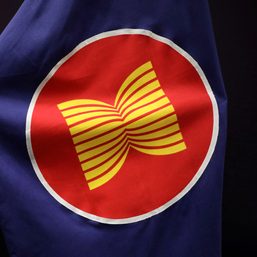
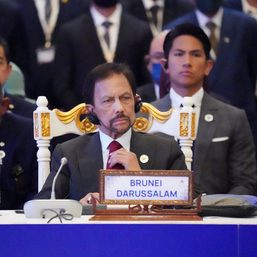







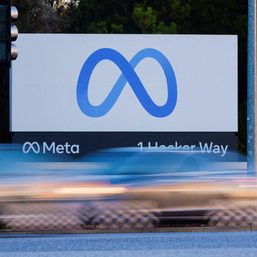
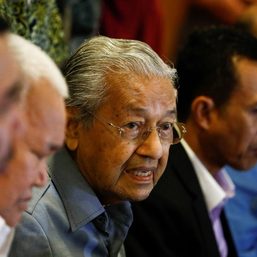





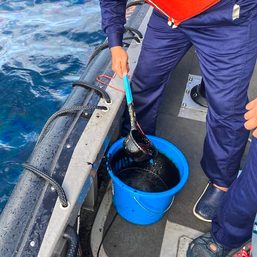





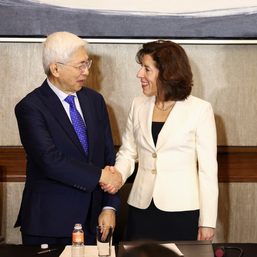
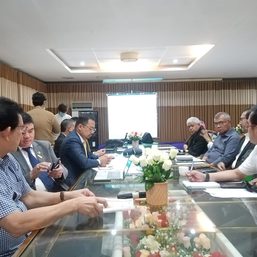

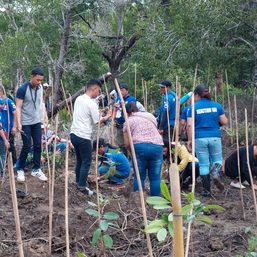
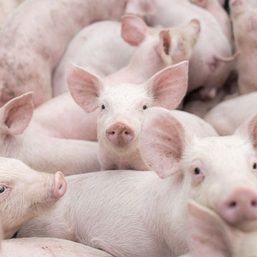
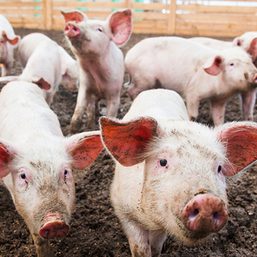

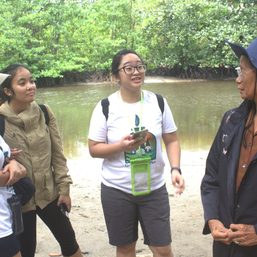


There are no comments yet. Add your comment to start the conversation.